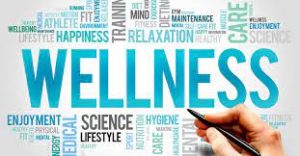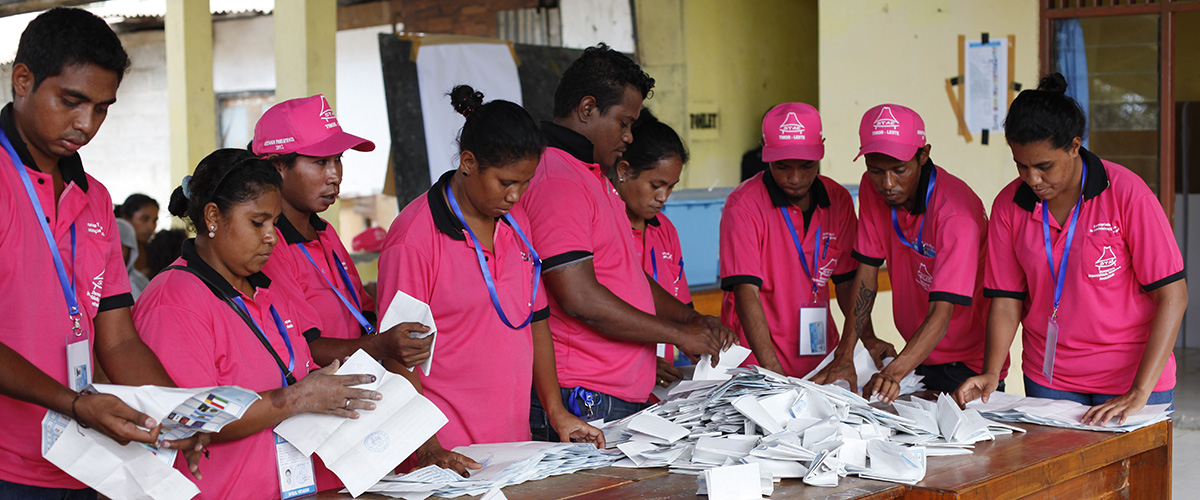 There are an estimated 370 million indigenous people in the world, living across 90 countries. They make up less than 5 per cent of the world’s population, but account for 15 per cent of the poorest. They speak an overwhelming majority of the world’s estimated 7,000 languages and represent 5,000 different cultures.
There are an estimated 370 million indigenous people in the world, living across 90 countries. They make up less than 5 per cent of the world’s population, but account for 15 per cent of the poorest. They speak an overwhelming majority of the world’s estimated 7,000 languages and represent 5,000 different cultures.
Indigenous peoples are inheritors and practitioners of unique cultures and ways of relating to people and the environment. They have retained social, cultural, economic and political characteristics that are distinct from those of the dominant societies in which they live. Despite their cultural differences, indigenous peoples from around the world share common problems related to the protection of their rights as distinct peoples.
Indigenous peoples have sought recognition of their identities, way of life and their right to traditional lands, territories and natural resources for years, yet throughout history their rights have always been violated. Indigenous peoples today, are arguably among the most disadvantaged and vulnerable groups of people in the world. The international community now recognizes that special measures are required to protect their rights and maintain their distinct cultures and way of life.
2017 Theme: 10th Anniversary of the UN Declaration on the Rights of Indigenous Peoples
Ten years ago, on 13 September 2007, the General Assembly adopted the United Nations Declaration on the Rights of Indigenous Peoples, a major milestone with respect to the cooperation and solidarity between indigenous peoples and Member States.
The Declaration is the most comprehensive international instrument on the rights of indigenous peoples. It embodies global consensus on the rights of indigenous peoples and establishes a universal framework of minimum standards for their survival, dignity and well-being. It elaborates on existing human rights standards and fundamental freedoms, as they apply to the specific situation of indigenous peoples.
Over the last decade, the implementation of the Declaration has achieved some major successes in at the national, regional and international levels. Despite the achievements, there continues to be a gap between the formal recognition of indigenous peoples and the implementation of policies on the ground.
Source: Text: UN Image: www.ufcs.ca
 What is GWD?
What is GWD?

 Memory… Memories…
Memory… Memories… Nowadays, people do not speak much about kingdoms; these political systems are somehow a legacy from the past. Kings and queens are still respected in many places, but their role is mostly ceremonial – the real power is in the hands of presidents and prime ministers. The people want to see themselves as citizens who can elect their leaders.
Nowadays, people do not speak much about kingdoms; these political systems are somehow a legacy from the past. Kings and queens are still respected in many places, but their role is mostly ceremonial – the real power is in the hands of presidents and prime ministers. The people want to see themselves as citizens who can elect their leaders.  essential job. On this International Day of Democracy, let us rededicate ourselves to democracy and dignity for all. » — UN Secretary-General, Ban Ki-moon
essential job. On this International Day of Democracy, let us rededicate ourselves to democracy and dignity for all. » — UN Secretary-General, Ban Ki-moon